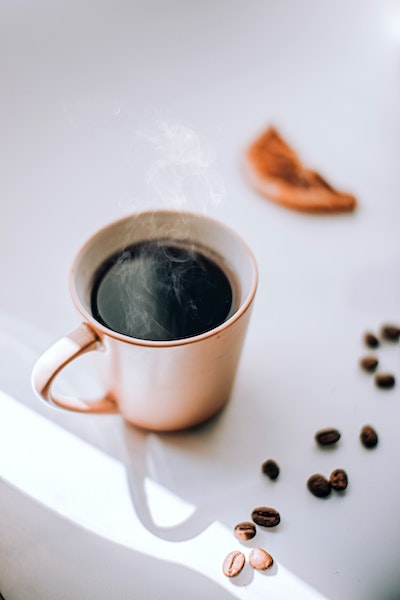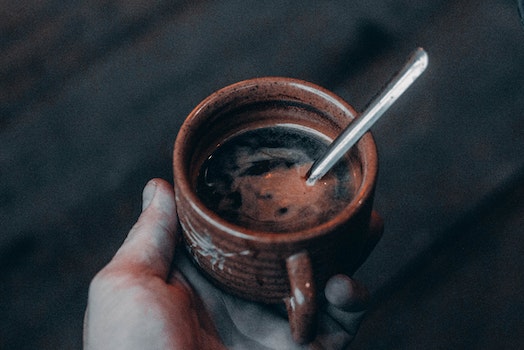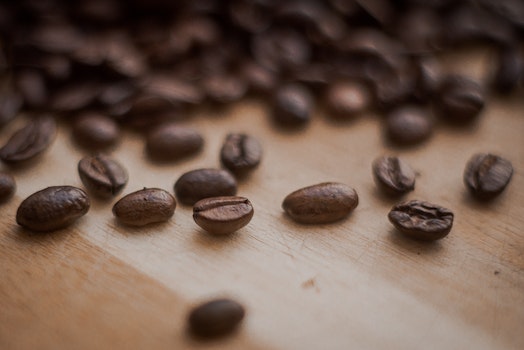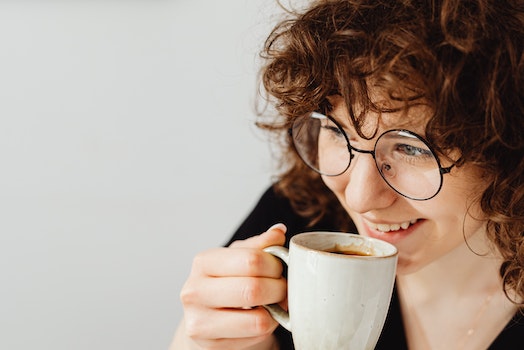For a long time, coffee was a guilty pleasure. Now, you can raise your head proudly and tell the whole world that you love coffee! Don't let these five coffee myths stop you from enjoying a cup of dark and delicious java.
Myth: Coffee Dehydrates You

Drinking more water is always a good thing, but your morning cup of joe isn’t responsible for dehydration. Coffee is a mild diuretic, which can make you go to the bathroom more, but the effect is so slight that it doesn’t make a noticeable difference. In case you were wondering, the water in coffee does count toward your goal of 2 liters of water per day.
Myth: Coffee Isn’t Healthy for You
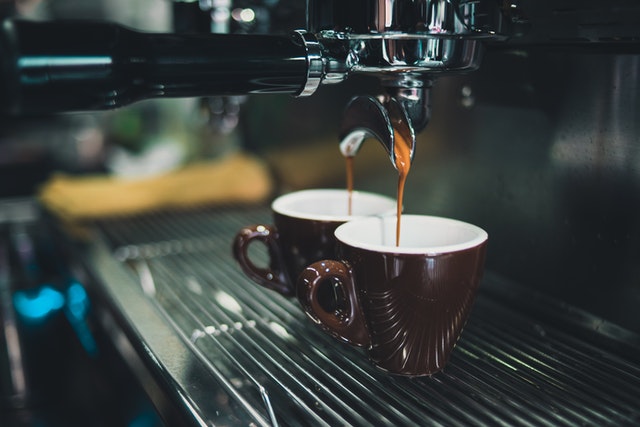
Coffee is rich in antioxidants, nutrients that help protect your body. Many people get more antioxidants from their daily dose of coffee than from fruits and veggies!
All of these antioxidants can add up to major health benefits. People who drink coffee regularly have a far lower risk of many diseases:
- Heart disease
- Liver problems
- Type 2 diabetes
- Parkinson’s disease
- Alzheimer’s disease and dementia
Plus, caffeine from coffee can increase your metabolism and help you burn more fat from exercise. Coffee can improve your energy level, alertness, memory and mood!
That said, you can have too much of a good thing. Excess caffeine can raise your blood pressure. How much is OK? Stick with two to five cups a day and you’ll be fine.Myth: Dark Roast Has More Caffeine Than Light Roast
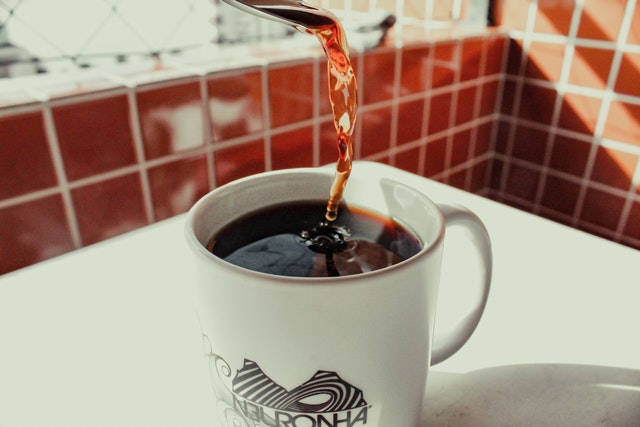
Dark roast coffee has a stronger flavor, so it must be higher in caffeine, right? Wrong. Actually, light roasts usually have a bit more caffeine ounce for ounce because the beans are smaller.
Myth: Coffee Is Addictive
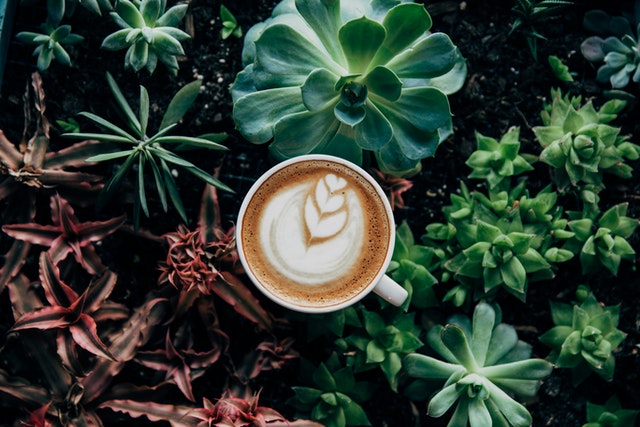
Some people have given up drinking coffee because family members say the person is “addicted.” Honestly, this one gets me upset. Comparing coffee to other addictive substances is a real stretch of the imagination. There’s no reason to feel guilty for liking coffee (or dark chocolate or other perfectly natural foods with caffeine).
Why the whole “addicted” shtick? Caffeine is a stimulant, so it can technically produce a tiny amount of physical dependence. If you stop drinking coffee abruptly, you may get a headache or have trouble concentrating for a few days. That’s it.
On the other hand, addiction to alcohol or opioids requires professional rehabilitation and has life-threatening health risks. There’s just no point of comparison between those things and a harmless cup of coffee.
Myth: The Freezer Is the Best Place To Store Coffee
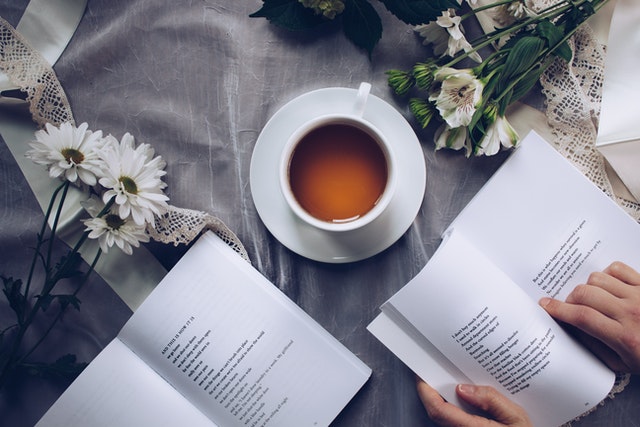
You bought a few bags of your favorite coffee beans from a store you only visit every few months. You want to keep that oh-so-irresistible aroma smelling fresh. Where should you store the beans? Not in your freezer!
For the freshest coffee, keep those magical beans in a cool, dry place. Your freezer may be cool, but it’s not dry. Freezers have a lot of moisture. They can strip your coffee of its delightful freshness and ruin its flavor with weird smells.
The best place to keep coffee beans is in an airtight container in your cupboard. Give each bag its own container and enjoy rich, intense flavors for months!


